I decided to go to Havana because I wanted to see the origin of the culture that has played such a significant role in shaping the person that I am today.
I was born and raised in the tri-county area of South Florida (Miami-Dade, Broward, and the Palm Beaches) where there is a heavy Cuban influence. I spent fifteen years studying ballet at a Cuban studio and performing at theaters in the heart of Miami. The university where I received two degrees is fifteen minutes away from Little Havana and Calle Ocho. I’ve eaten Cuban food, drank Cuban coffee, danced to Cuban music, dated Cuban men, but never been to Cuba!
I hope you enjoy these pictures as much as I enjoyed the experience!
*All pictures are taken on my mobile phone: Galaxy S7 Edge.
More info: Instagram
Cuba is a Caribbean island nation under communist rule. It has sugar-white beaches and is dotted with tobacco fields, which play a part in the production of the country’s legendary cigars.
Developed in the first half of the 20th century, Vedado is a more modern part of the city than the areas to the east.
At the northern edge of Vedado is the Malecón, a waterfront seawall that stretches for 8 km along the coast.
The Tower of the Chorrera (Torreón de la Chorrera) stands on a coral islet only a few meters from the shore and not much larger than the tower itself.
Morro Castle (Castillo de los Tres Reyes Magos del Morro), named after the three biblical Magi, is a fortress guarding the entrance to Havana bay in Havana, Cuba.
Most of the old, clunky looking classic American cars which you will see rolling along the streets are privately owned and are used as communal taxis (taxis particulares or colectivos).
Most of the locals use these taxis, which operate like buses and have set routes and prices.
The Castle of the Royal Force (Castillo de la Real Fuerza) was originally built to defend against pirate attacks, but it suffered from the poor strategic position of being too far inside the bay. It is considered to be the oldest stone fort in the Americas.
Paseo del Prado is a street on the dividing line between Central and Old Havana.
Lining the Paseo del Prado are important buildings such as hotels, cinemas, theaters, and mansions imitating styles from Madrid, Paris, and Vienna. It was the first paved street in Havana.
Old Havana (la Habana Vieja) contains the core of the original city of Havana: the positions of the original Havana city walls are the modern boundaries of Old Havana.
The city was built in baroque and neoclassical styles. Many buildings have fallen into ruin in the latter half of the 20th century, but a number are being restored.
Street Art in Old Havana
The narrow streets of Old Havana contain many buildings, accounting for perhaps as many as one-third of the approximately 3,000 buildings in Old Havana.
In 1555, Old Havana was destroyed and burned by the French corsair Jacques de Sores. The pirate had taken Havana, plundering the city and burning much of it to the ground.
Havana’s Chinatown (Barrio Chino de La Habana) is one of the oldest and largest Chinatowns in Latin America.
Some 5,000 Chinese immigrants from the U.S. came to Cuba during the late 19th century to escape the discrimination present at the time.
1Kviews
Share on FacebookBleh, too much HDR and photoshoping, wide angle lens a poor choice in some photos.
Bleh, too much HDR and photoshoping, wide angle lens a poor choice in some photos.

 Dark Mode
Dark Mode 

 No fees, cancel anytime
No fees, cancel anytime 






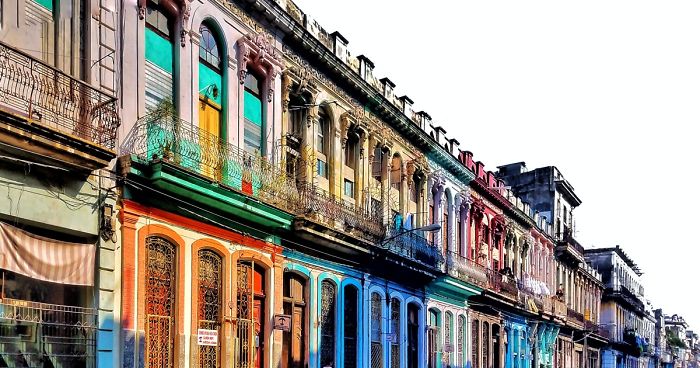
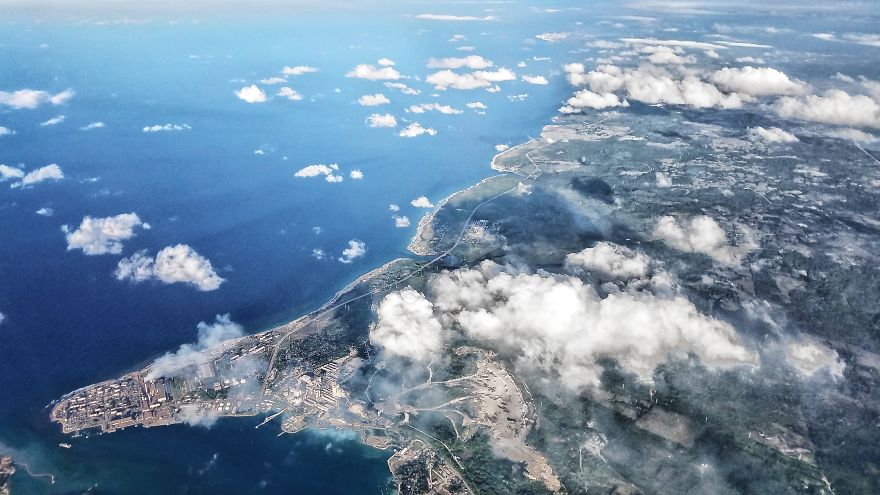




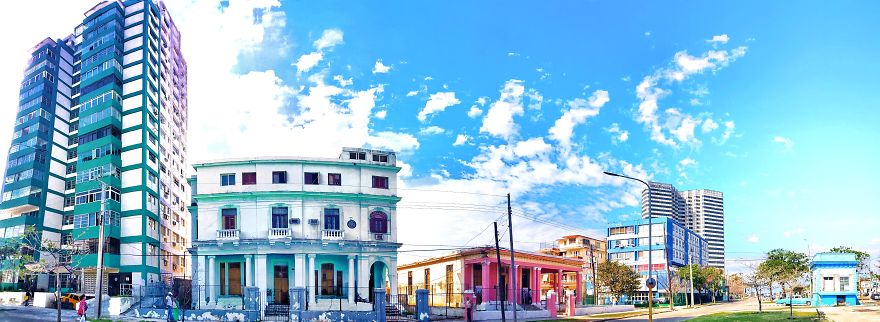
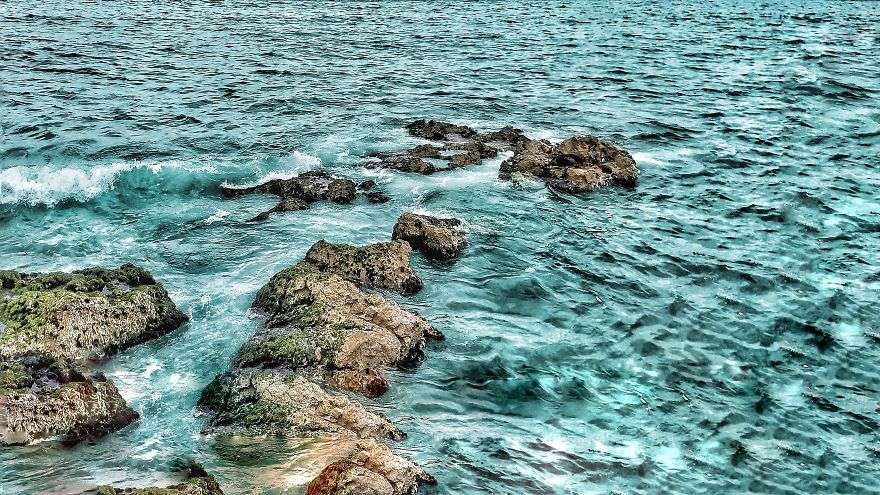
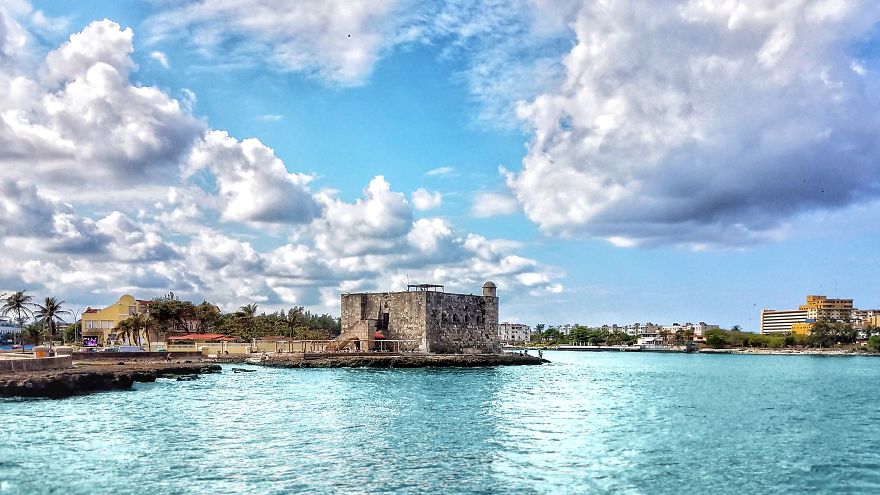
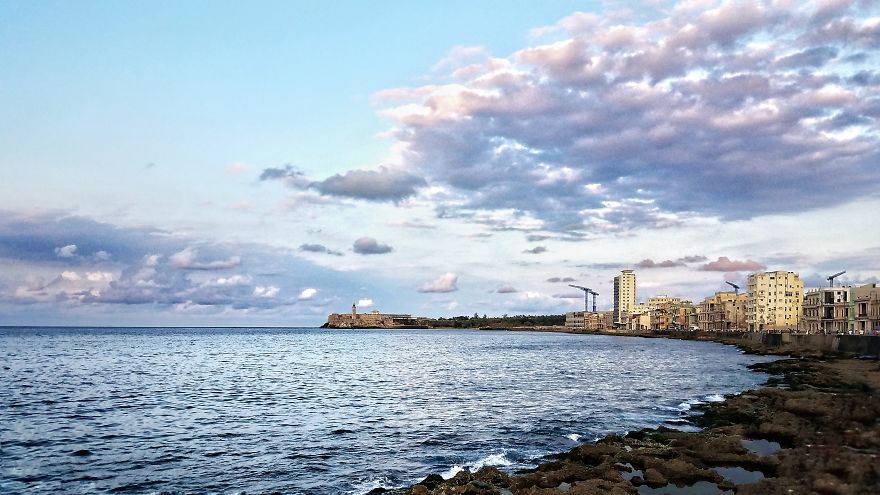
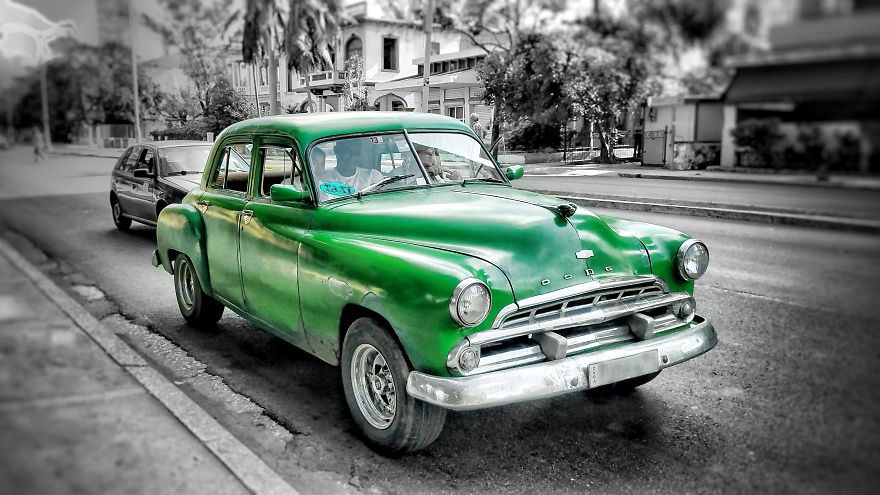
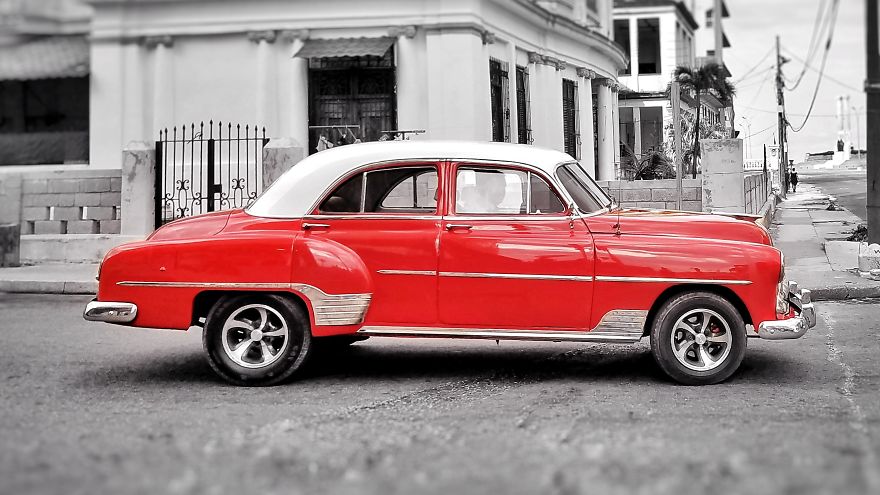
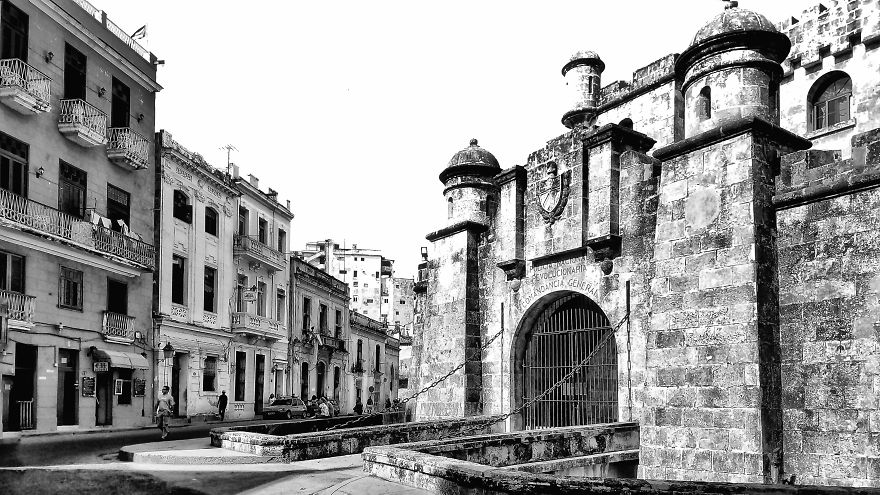
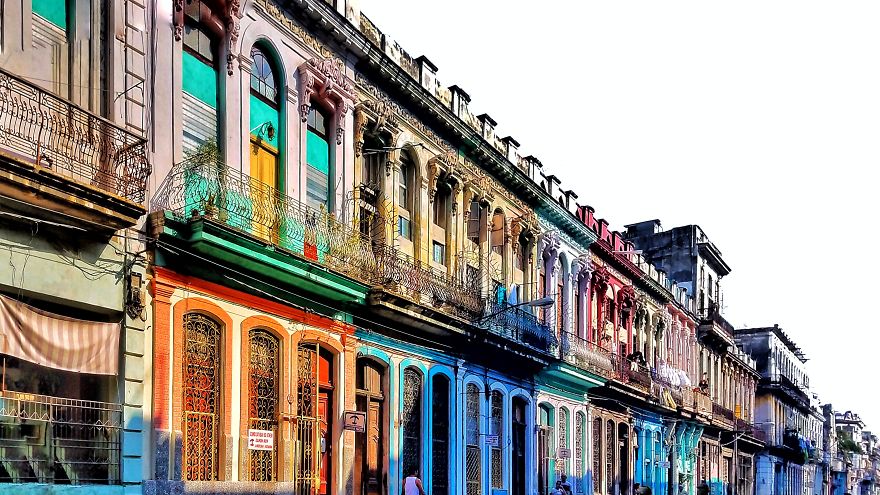
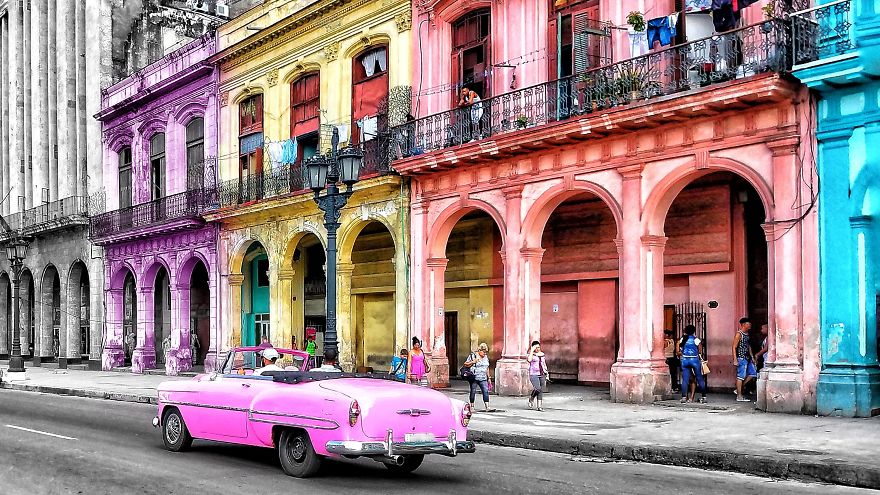
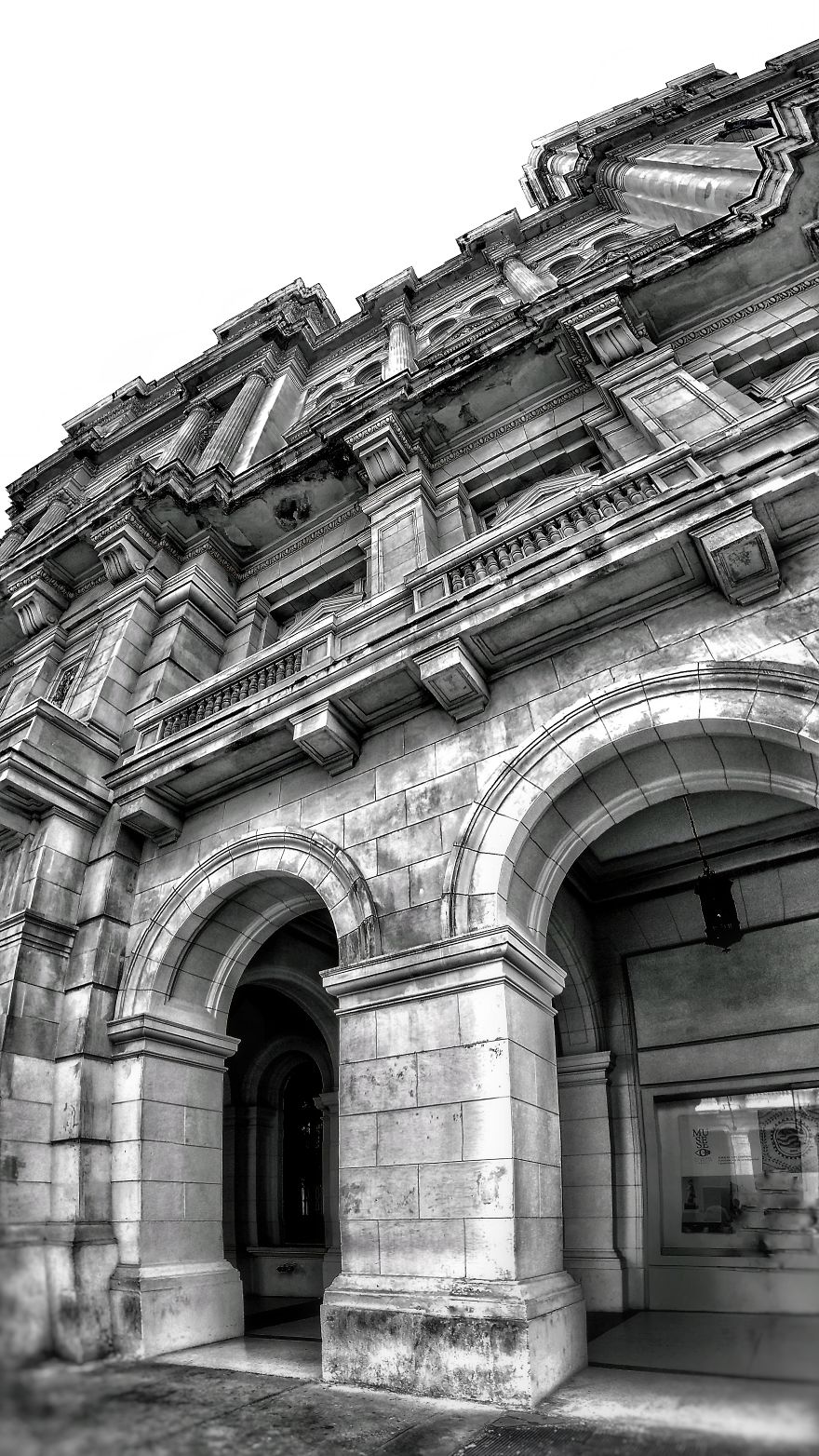
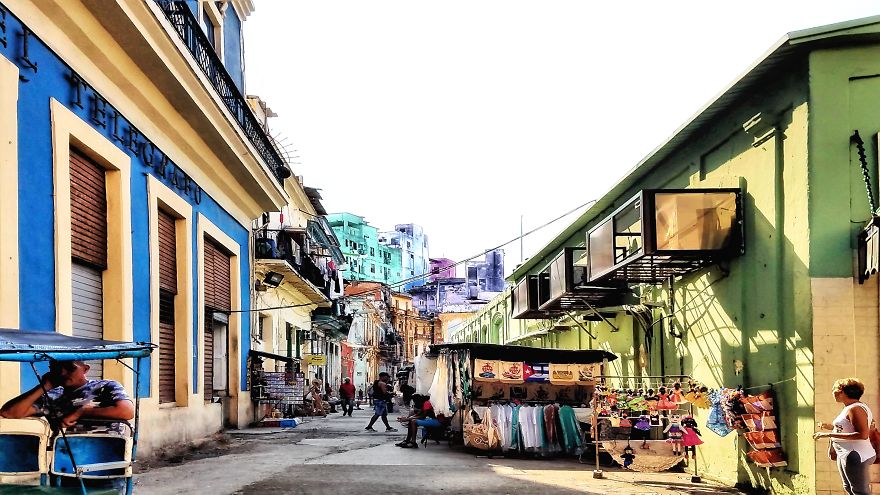
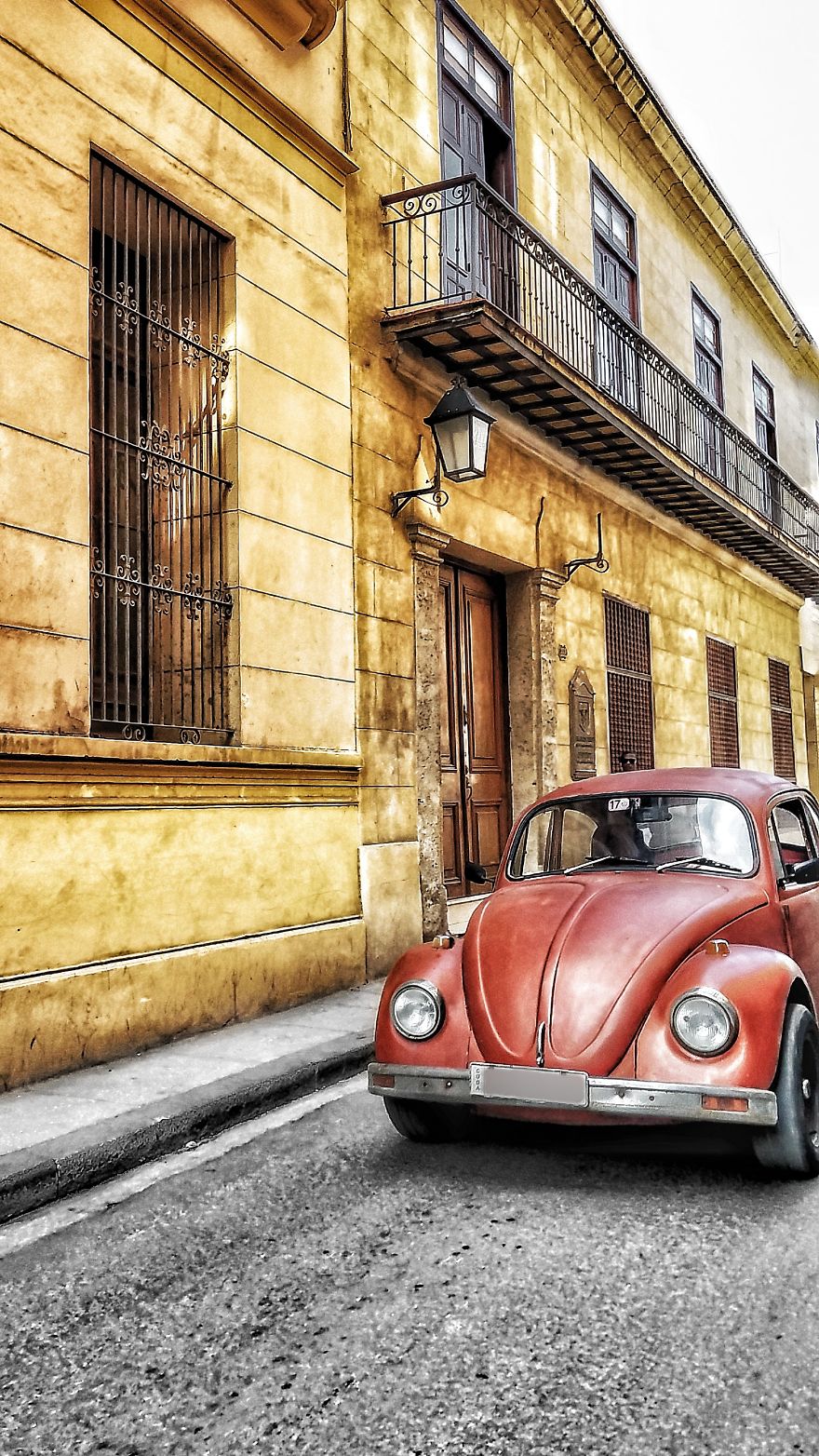
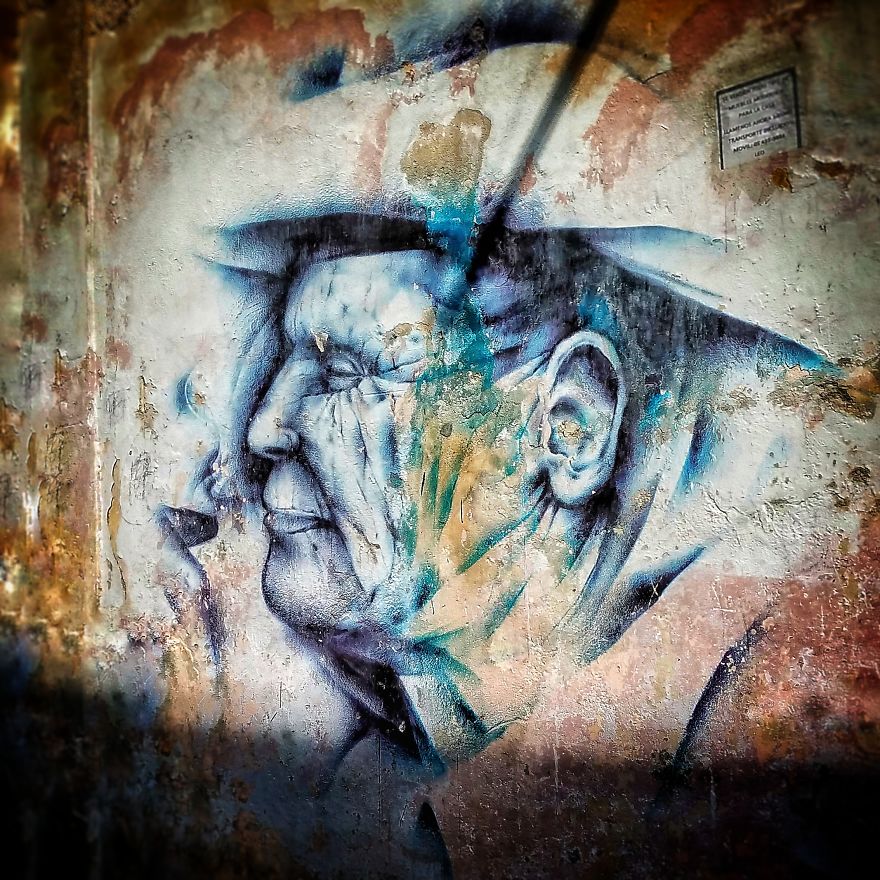
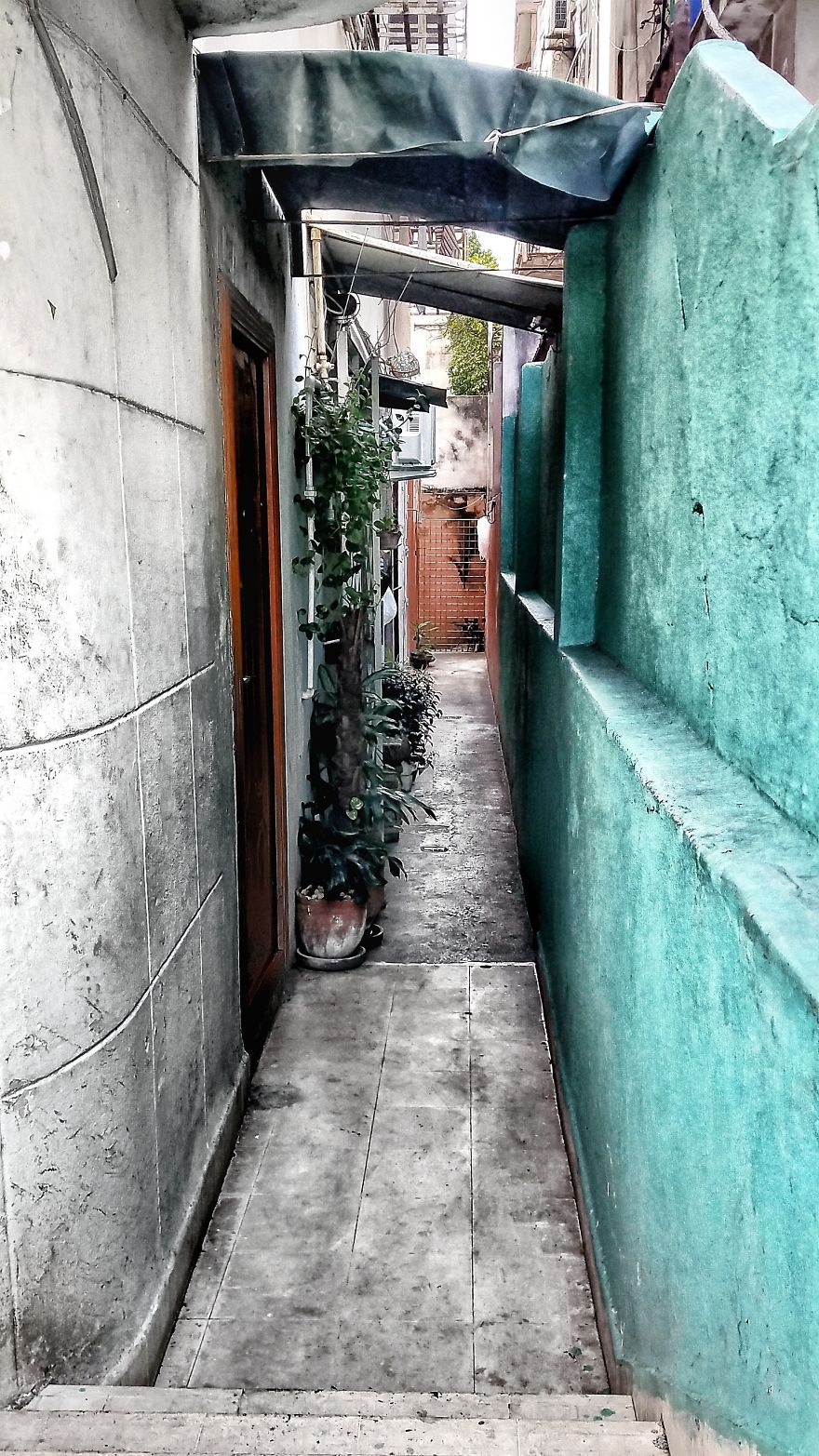
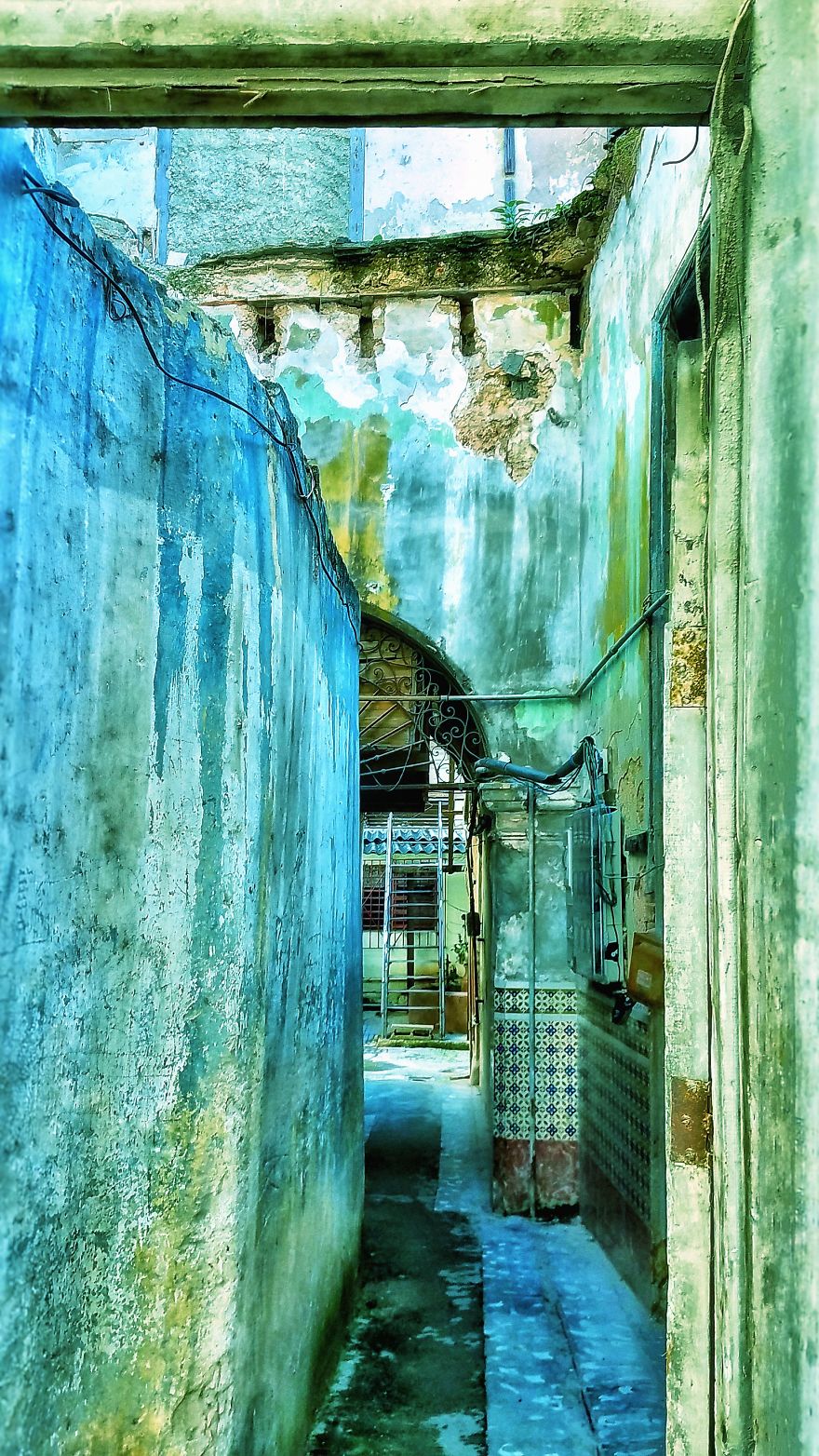
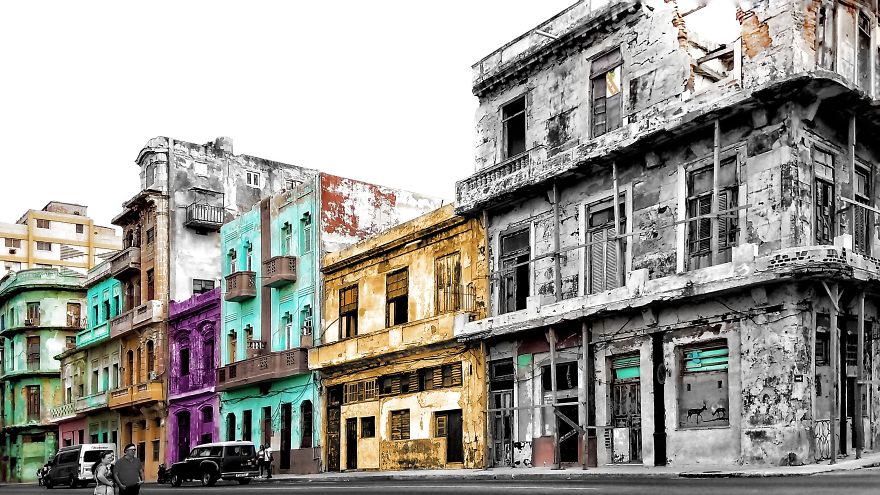
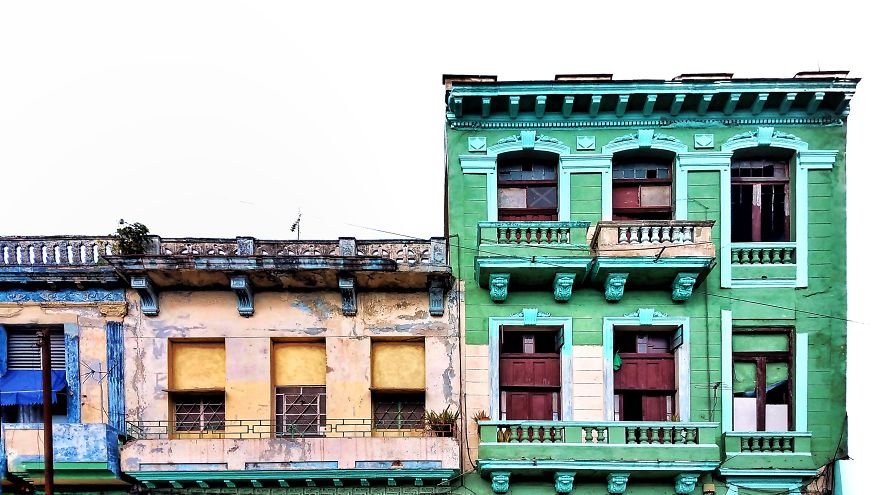
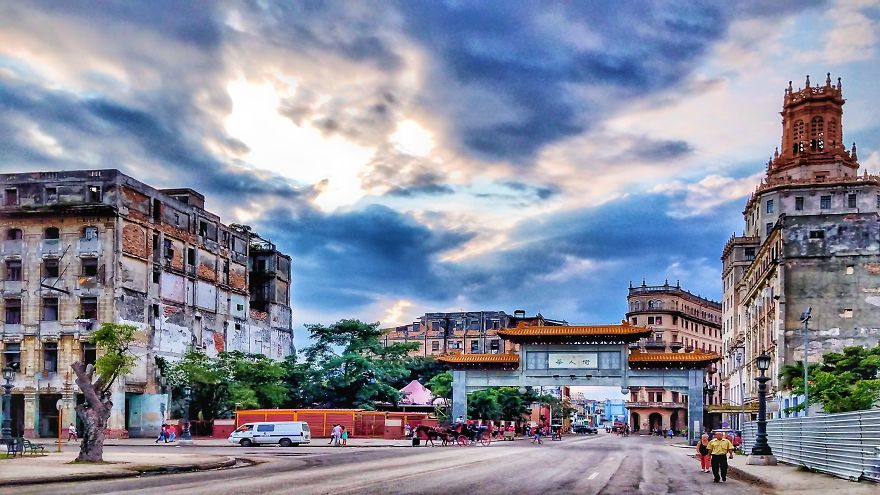
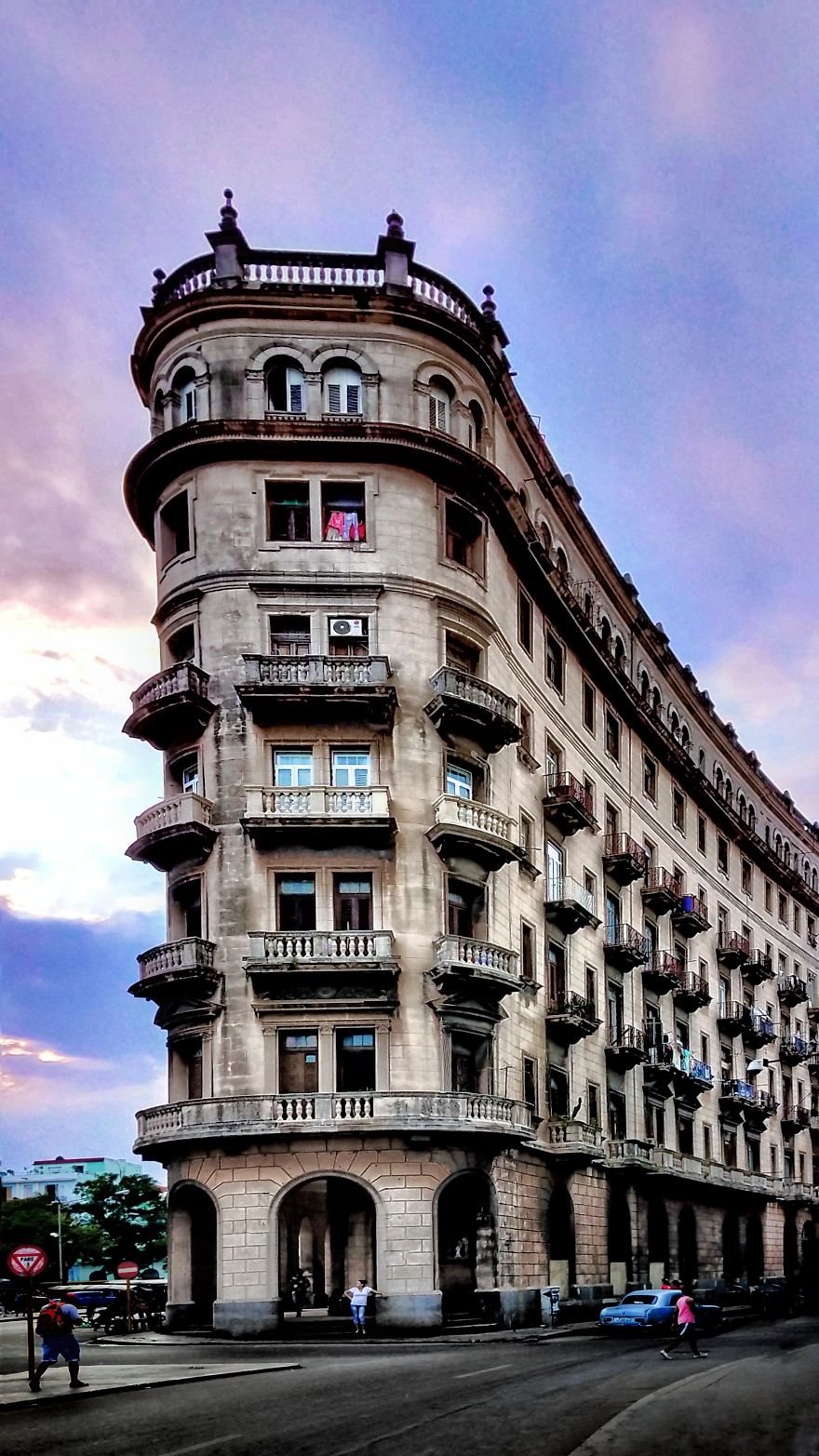
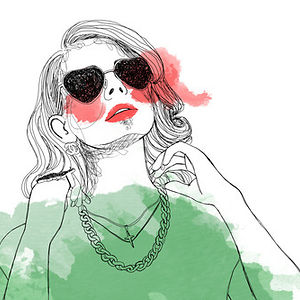
















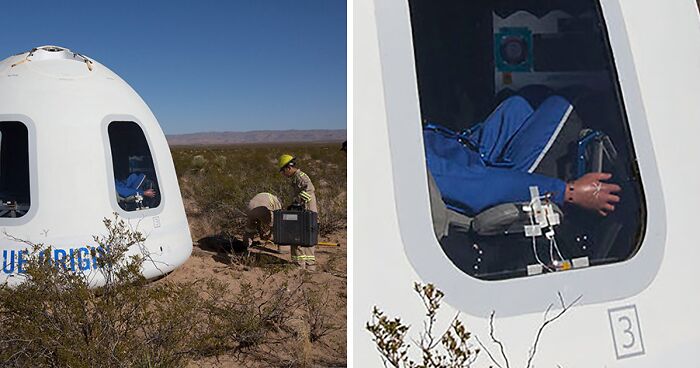







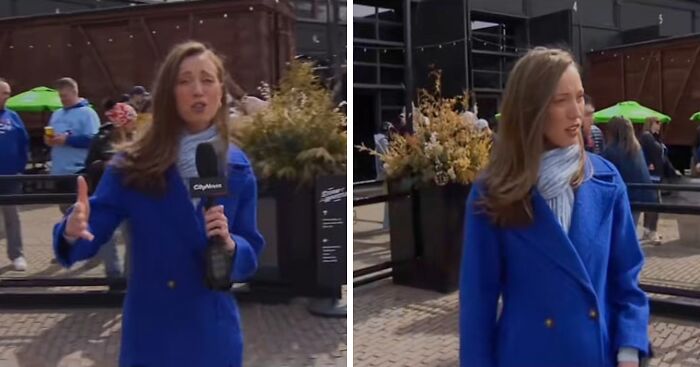

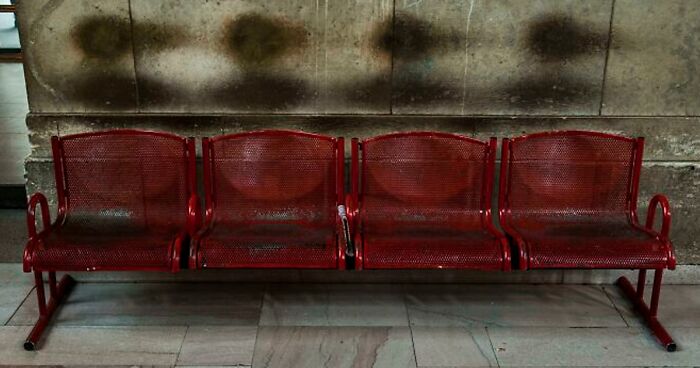
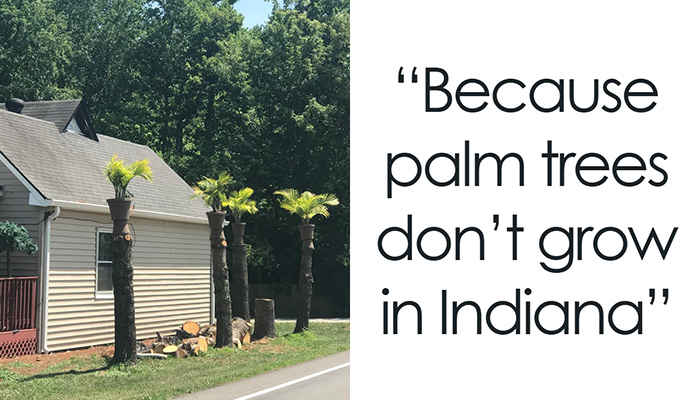

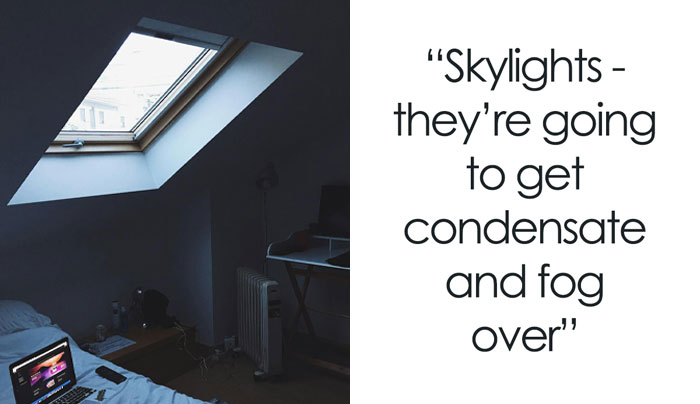
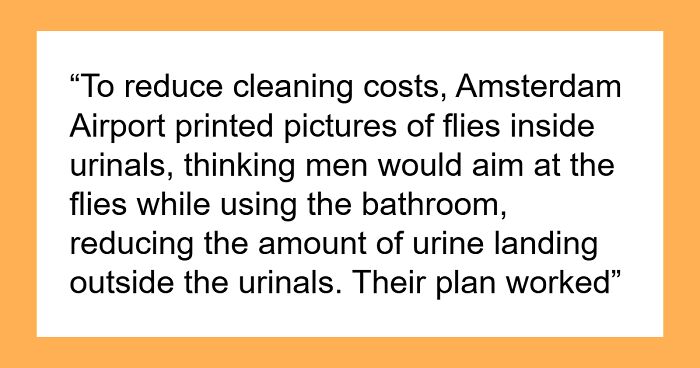

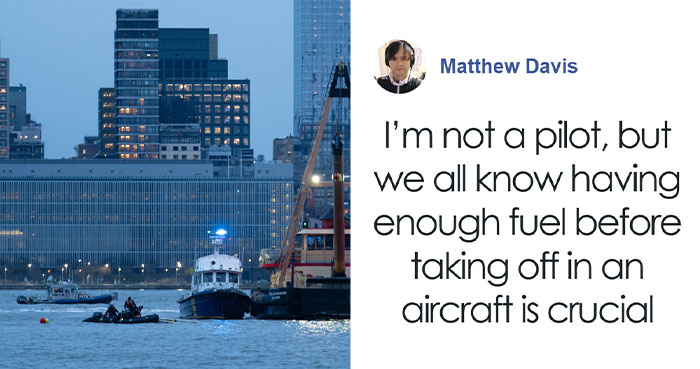




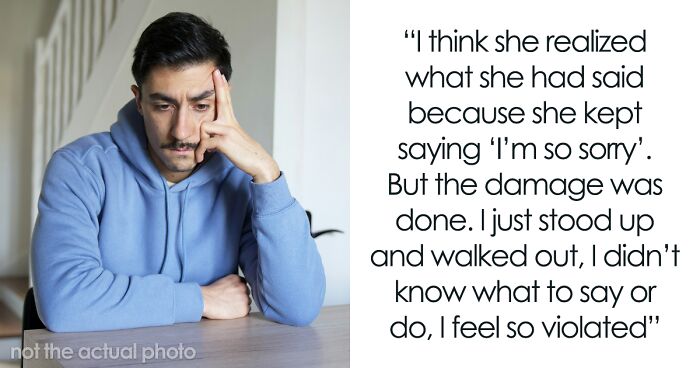


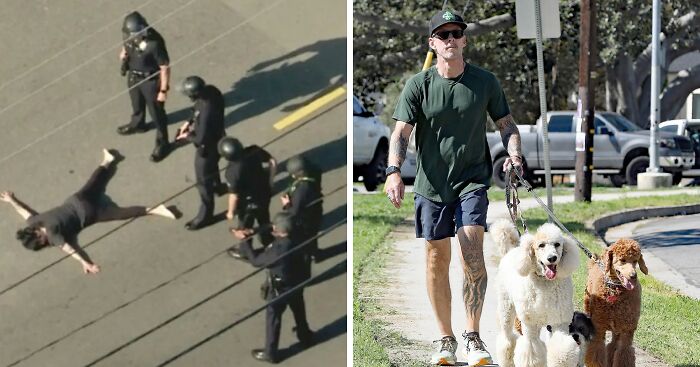

16
2